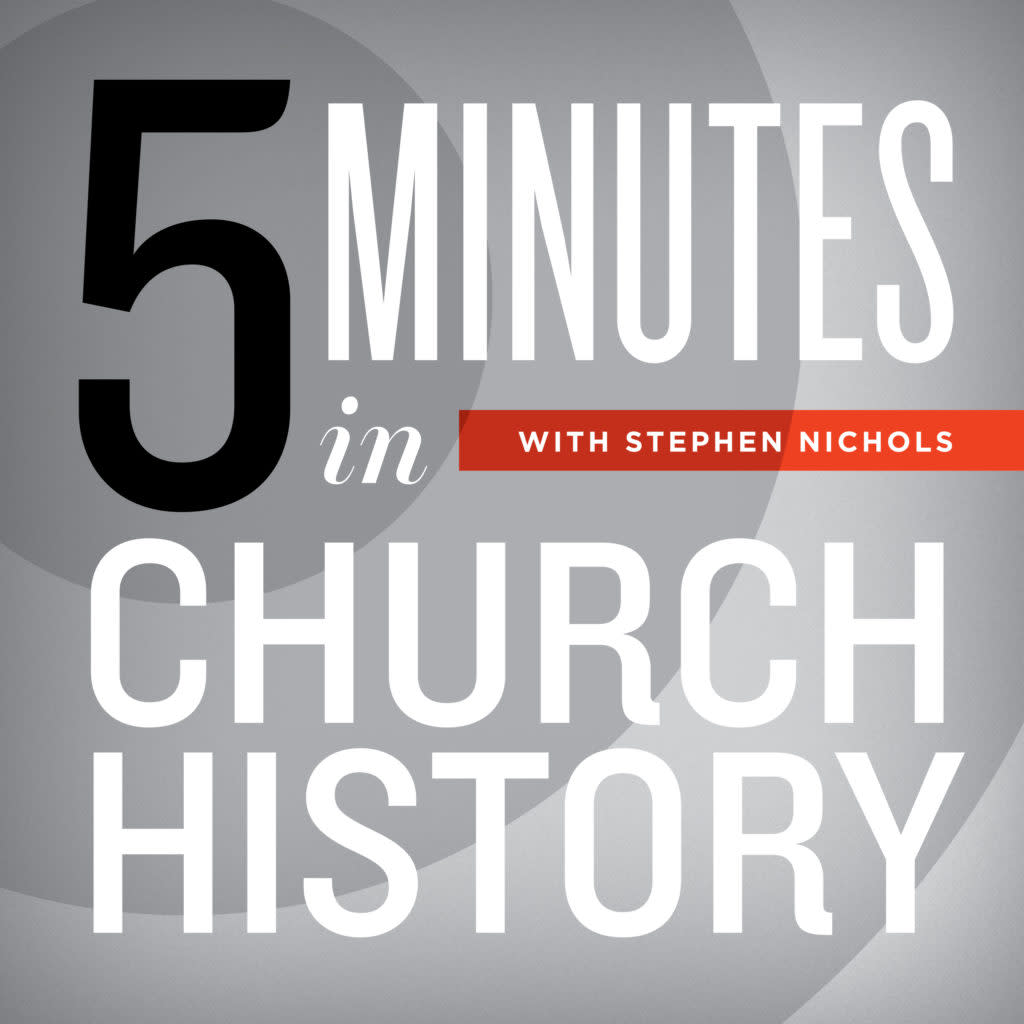totally different Greek root. Hagios (holy), meaning an "object of awe," translates a form of the Hebrew verb qod, "to divide." Things that are holy (such as the Sabbath day) are separate, set apart. God "blessed the seventh day and made it holy" (Gen. 2:3).
We must conclude that "holiness" is not primarily a moral or ethical concept but the biblical principle of making correct distinctions—in other words, holiness is Twoism. When we say God is holy, we are saying that He is different in His ontological being, and that relative to every other being, He is "other," that is, "holy." (Of course, God is, in His very nature, the definition of morality, so He is also morally pure.)
Herman Bavinck said, "The holiness of God, that is, His distinction from, and His absolute transcendence of, every creature—it was that which was lost to the Gentiles."
God is not only holy/distinct in His relation to the world, but He is holy in Himself. God in His divine being is three distinct persons, Father, Son and Holy Spirit, who are never confused—although they possess the same divine nature. Thus, God is the source of personal holiness.
The world was created holy, with everything in its rightful place. God carefully separated day and night, seas and dry land, etc.; He created different "kinds" and gave them all specific "names," and declared everything was "very good." In His creation, God established distinctions. Distinctions are essential to holiness. To make holy is to establish the structures of Twoism.
Enter cultural apologetics. Our cultural decline can be measured by the contemporary determination to "eliminate the binary," that is, to erase the concept of Twoism, and to promote unholy Oneism. Teachers now seek to "model nonjudgmental behavior and challenge binary thinking." We now are discovering "nonbinary pronouns." A United Methodist training curriculum for their VBS programs proposes dropping "the gender binary by avoiding such language as boys and girls." Progressive spiritual teachers propose "non-dual" or non-binary spirituality.
The contemporary attack on "the binary" (twoness) is a massive cosmological attack on the Twoist nature of existence reflecting the Creator-creature distinction and all the distinctions the Creator has made. What I suggested in 1992 was confirmed by the British Jewish philosopher Melanie Phillips in 2010: "The real agenda has been to use sexuality as a battering ram against the fundamental [i.e., Twoist] tenets of Western culture in order to destroy it and replace it with a new [i.e., Oneist] type of society altogether."
Jesus is the only answer to our fallen Oneist situation, as the transcendent God mysteriously became man in order to bring us sinners, by His cross, into a restored holy Twoist communion with Himself as our Creator and Redeemer and with one another.
Dr. Peter Jones is executive director of truthXchange, a ministry that exists to recognize and respond to the rising tide of neopaganism. He has authored several books and is the teacher on the series Only Two Religions.





























